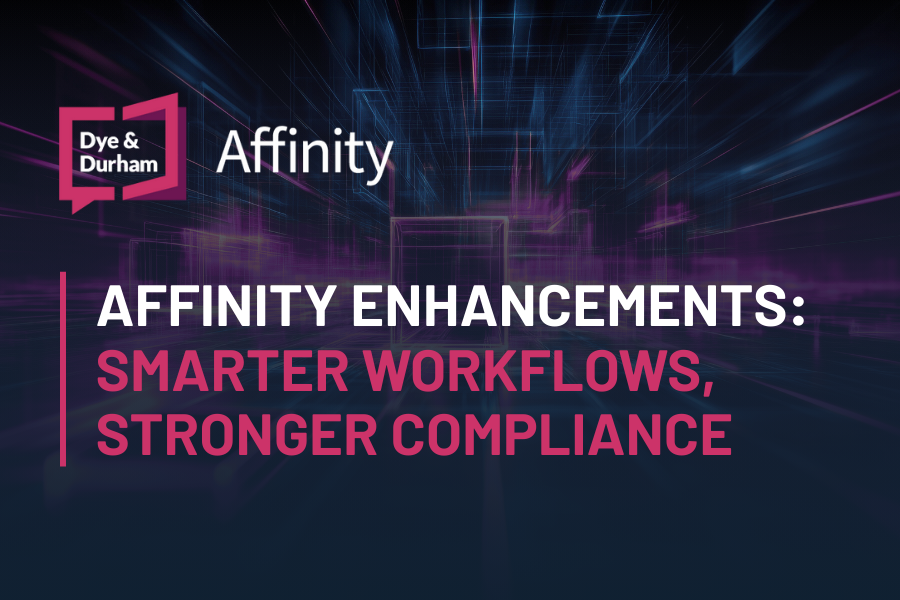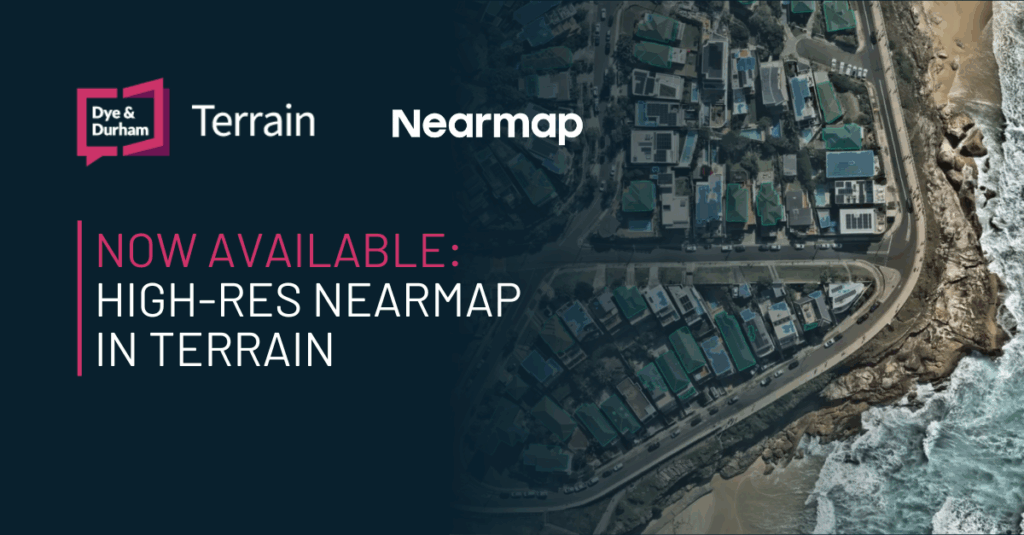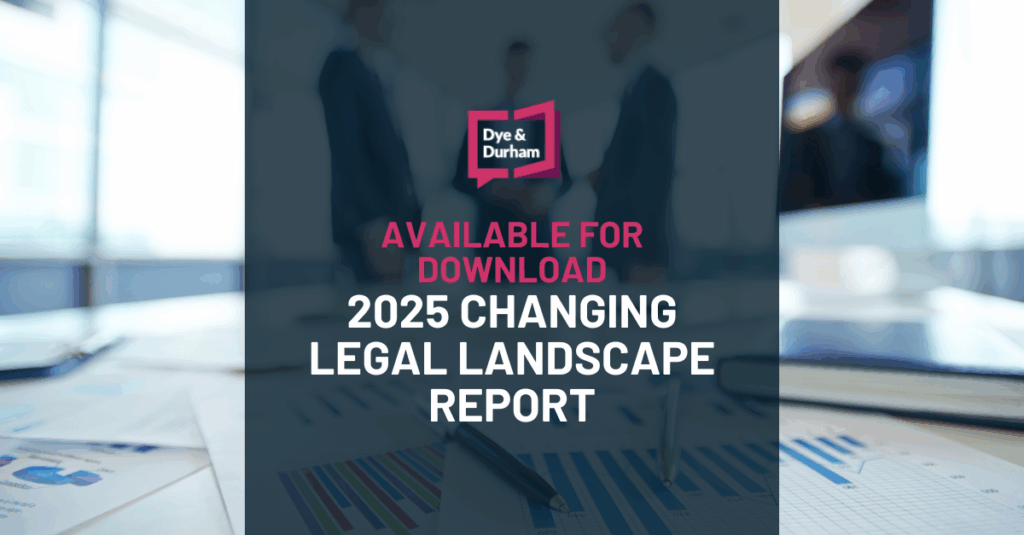- Half of Australians believe interest rates will rise this year and inflation will remain high, stoking recession fears.
- Demand expected to continue to outstrip supply for houses, pushing prices higher.
- Cyber-attacks spark concerns about the security of personal data held by governments and large corporations.
- Aussies continue to embrace Artificial Intelligence with almost half using the technology.
The housing crisis has crushed Australians’ long-held opposition to more property development in their own suburbs as they expect property prices and rents to keep rising over the next year and interest rates and inflation to remain high.
The *Dye & Durham Australian Market Pulse survey of 1607 Australians’ attitudes to the economy, the property market and technology, conducted by leading pollster Resolve Strategic, finds the traditional Not-In-My-Backyard (NIMBY) opposition to development has given way to majority support in every state for more building in respondents’ own suburbs.
Dye and Durham Australia Managing Director Dennis Barnhart said housing prices were expected to keep rising with the Pulse survey finding buyers will outnumber sellers over the next 12 months.
“While one in eight people are likely to sell a property in the next year, almost a fifth believe they are likely to buy which again underscores the supply and demand issues in Australia’s housing market right now,’’ Mr Barnhart said.
On the economy, the June Pulse finds the optimism in the March Pulse has receded with almost two thirds of respondents now believing the nation faces a recession in the next year and three quarters citing cost-of-living as a major issue facing them and the economy.
On technology, the Pulse survey finds Australians are continuing to embrace Artificial Intelligence but are concerned about the safety of their personal data held by large corporations and government departments after a series of high-profile cyber-attacks.
Hopes for interest rate cuts fall as inflation challenge tipped to linger
Australians have become gloomier about the economy over the past three months as inflation proved stickier than expected and market economists pushed back their predictions on when interest rates were expected to begin falling.
Nearly half of respondents (48%) now believe interest rates will rise over the next year compared with 33% in March, while only 9% believe interest rates will fall before the end of the year compared with 21% in March.
Australians have also become more pessimistic about inflation since March with more than half of respondents (51%) believing inflation will be higher than last year compared with 45% in March, while only 15% think it will fall, compared with 21% in March.
The number of people who believe Australia faces a recession in the next year has also risen to 61% from 54% in March.
This is the highest proportion of people who believe Australia faces a recession since the Pulse series began in September 2023. Only 17% believe Australia will avoid recession, down from 24% in March.
Mortgage holders and people on low and fixed incomes (including retirees) are least likely to believe their financial position will get better over the next year. Overall, most think their financial position will be the same or decline over the next year (76%), with just a quarter (24%) expecting an improvement.
Cost-of-living is cited by 75% of respondents as the most important issue facing the nation, while housing (64%) and the economy (52%) were also rated “very important’’.
Property prices to keep rising as buyers outnumber sellers
As housing prices continue to climb, an increasing majority of Australians now support more housing being built in their local areas to address the ongoing imbalance between buyers and sellers.
Nationally 54% of Australians support more housing being built in their areas compared with 21% who oppose it, signalling that the housing crisis is overpowering the Not In My Backyard (NIMBY) phenomenon which has traditionally stifled development in major capitals.
NSW and Queensland, notably Sydney and Brisbane have Australia’s highest housing prices, had the strongest support among residents for more development in their local area (55%), followed by other states 54% and Victoria 52%.
Buyers are expected to continue to outnumber sellers over the next 12 months with 18% of respondents indicating they are likely or very likely to buy a property while only 12% of respondents say they are either likely or very likely to sell. This gap is not being filled by new homes being built, leading to a pent-up demand.
The number of people who expect property prices will continue to rise is at its highest level this year (73%), while only 5% of people think property prices will fall.
Similarly, more than three quarters of people 77% believe rental prices will continue to increase in the next 12 months, the same as in December last year, while only 2% of people think rental prices will fall.
Almost half of renters (48%) have given up trying to buy a home, despite owning being their ambition, while only a third (33%) believe they will buy in the future.
Artificial Intelligence acceptance grows but Australians are nervous about data security
While generative Artificial Intelligence appears to be growing in acceptance, Australians are very concerned about the safety of their data held by big corporations and government departments after a string of high-profile cyber-attacks.
Among all respondents, 81% said they were concerned that their own data held by large organisations, and governments agencies may be hacked, released, or misused while only 19% said they were unconcerned.
Respondents aged over 55 were the most concerned about the safety of their data (88%) though almost three quarters of those aged 18-34 were also concerned (71%).
However, Australians continue to embrace generative AI both at home and in the workplace with almost half of people now having used the technology (49%), up sharply from 39% in March.
But they are more likely to use it as a search engine than to draft documents, with the growth of AI-driven search assistants like Google Gemini.
Using AI as a search engine for better results was identified by 44% of respondents as the major use, followed by searching for ideas and inspiration (40%), drafting letters or messages (36%). Drafting reports and essays was the fifth most popular use at 23%.
Asked about how professionals use AI, Pulse continues to find only a minority are comfortable with this despite an easing in recent months. Twenty-seven percent would be comfortable if doctors and health professionals used AI while 21%, would be happy if lawyers did so.
The number of people who believe AI will be a commonplace work tool in the next five years jumped sharply to 73% in June compared with 66% in March.
Respondents appeared to be relaxed about the impact of AI on their job with 57% suggesting their job will not change because of AI, an increase on 2 points since March.
Read the full pulse report here – https://dyedurham.com.au/dye-durham-pulse-reports/
*About the Pulse survey
Conducted quarterly, the Dye & Durham Market Pulse Report is designed to uncover trends and insights into Australian sentiment on the economy, technology, and the real estate market. The findings of the report are the result of a survey conducted by Resolve Strategic on behalf of Dye & Durham from June 11-15, 2024, among a nationally representative sample of n=1,607 Australians. The survey is balanced and weighted on age, gender, region, and education and has a notional maximum error margin of +/-2.4%.
Go to Media












